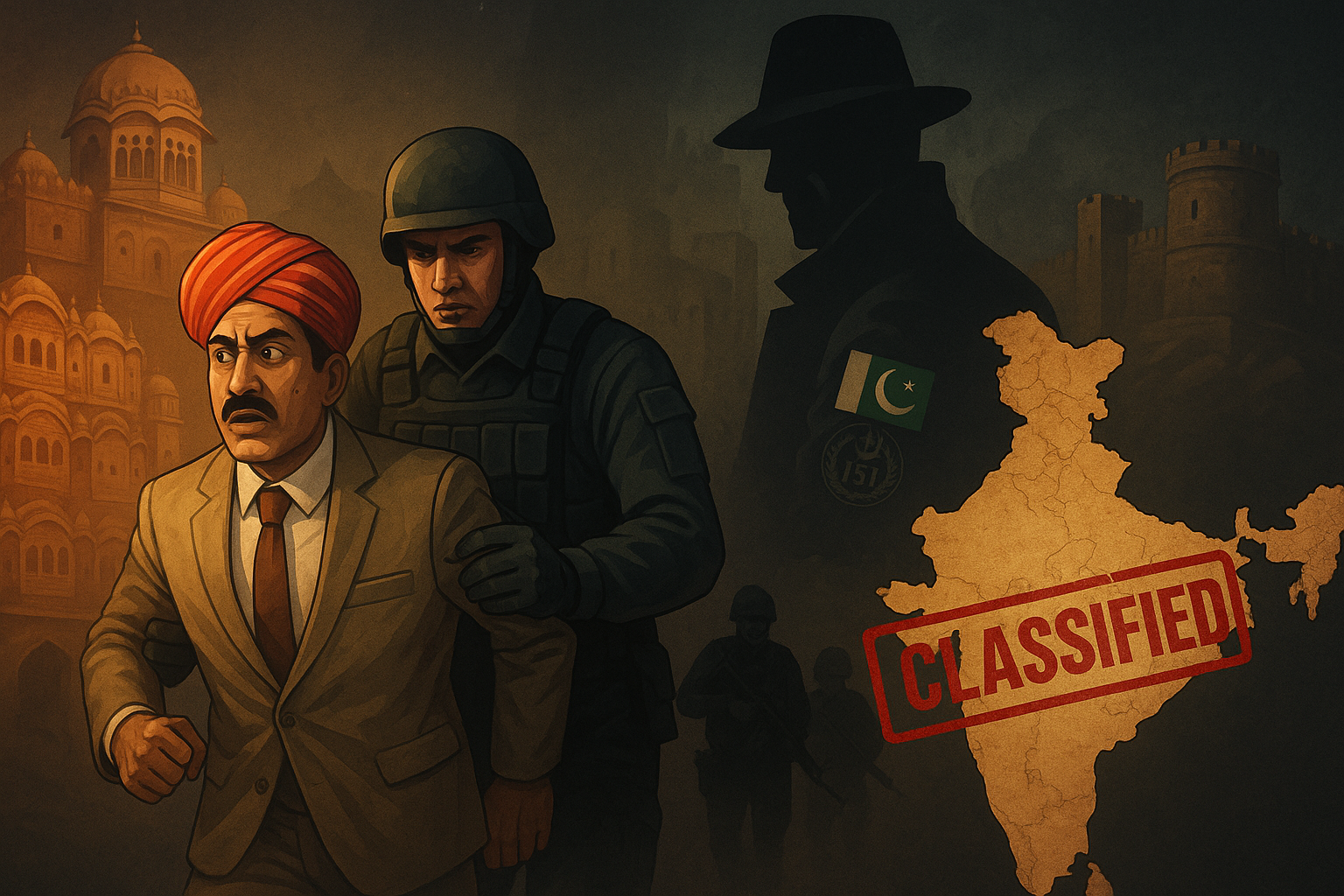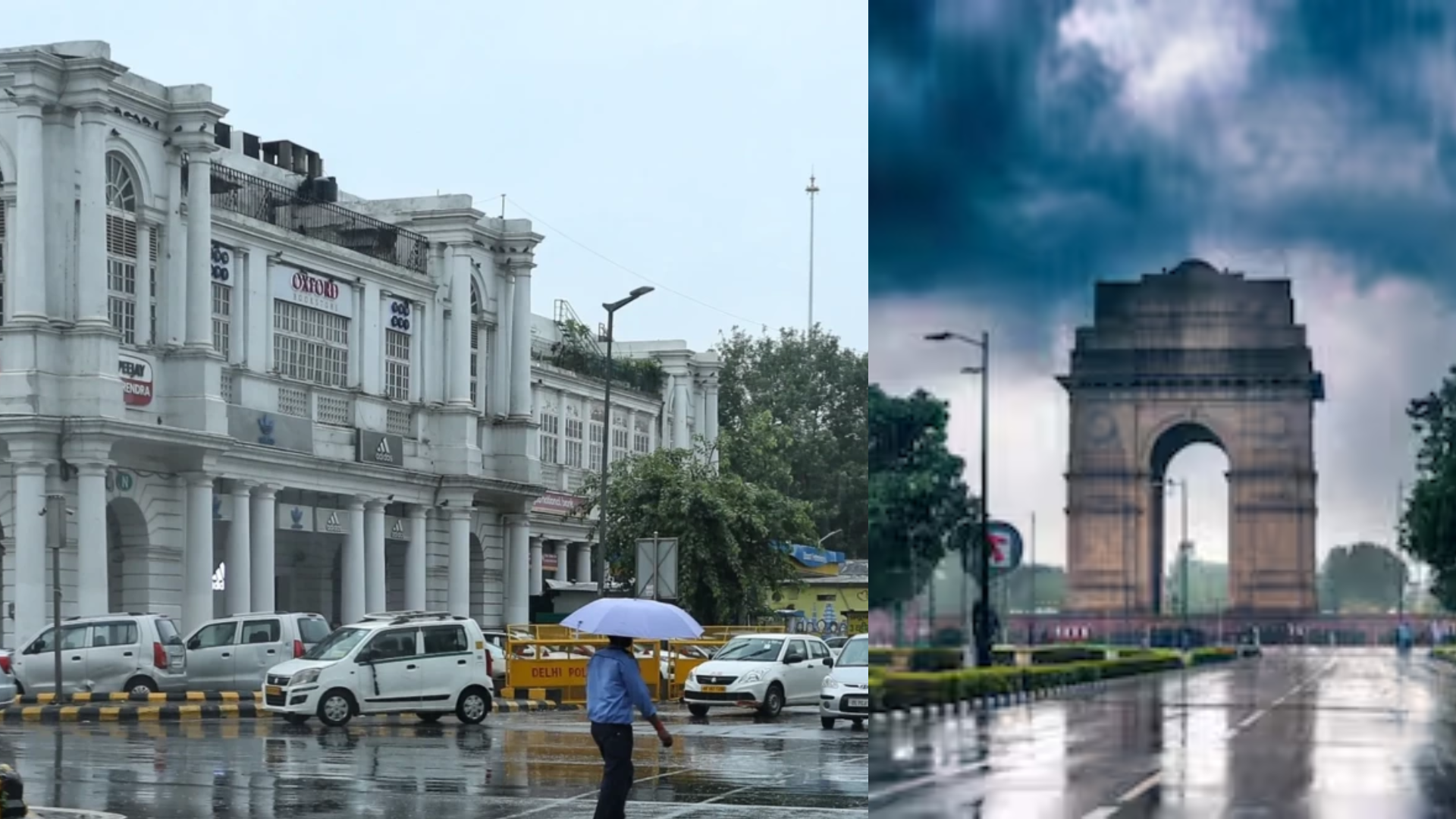On his Brussels visit, India’s External Affairs Minister S. Jaishankar urged the European leaders to look at India’s move against Pakistan from the perspective of counter-terrorism and not regional competition. In an open interview with European magazine Euractiv, Jaishankar raised a few major issues — ranging from Pakistan’s terror connections and India’s non-alignment policy with the Russia-Ukraine war to trading negotiations with the EU and its climate policy concerns.
On Pakistan and Terrorism
Jaishankar was critical of international media for giving India’s response to the recent Pahalgam terror attack as just a border clash. He cited the case of Osama bin Laden as an example, questioning why such a dangerous terrorist was able to feel safe residing in a military town in Pakistan.
“Osama bin Laden lived luxuriously alongside Pakistan’s equivalent of West Point. That should be a serious concern around the world — it is not a matter of India-Pakistan, it is a matter of terrorism. The same threat will ultimately target others as well,” he cautioned.
On Russia-Ukraine Conflict
In reply to questions regarding India’s refusal to sanction Russia, Jaishankar reaffirmed India’s commitment to resolving conflict peacefully.
“We don’t believe that wars resolve differences. We’re not prescribing a solution or judging anyone — but we’re also not indifferent,” he said. He also emphasized India’s diplomatic ties with both Ukraine and Russia, while reminding the West of its past support for Pakistan during the 1947 invasion of Kashmir.
“Nations shape perceptions in accordance with their histories. When Pakistan invaded India for the first time after independence, some of the same nations currently advocating principled negotiations supported Pakistan,” Jaishankar noted.
On Altering Geopolitics and EU Relations
Emphasizing world changes, Jaishankar said multipolarity is already a fact, and Europe has to make more autonomous decisions in its own interest.
“Europe is increasingly becoming a major autonomous player in the global order. I’m here to strengthen our partnership in this new, multipolar world,” he said. He welcomed the EU’s growing concept of ‘strategic autonomy’, a term that India has long advocated.
On EU Climate Tax (CBAM)
Jaishankar expressed strong opposition to the EU’s Carbon Border Adjustment Mechanism (CBAM), which imposes levies on goods from countries with less stringent climate policies.
“We have serious objections to CBAM. The idea that one region sets standards for the entire world is unacceptable. We’ve been very open about our disagreement,” he asserted.
On Ties With the US and China
Discussing relations with the United States, Jaishankar said India’s foreign policy is driven by national interests, not personalities.
“US relations are important, and we want to give them a boost no matter who is at the helm,” he said, alluding to erstwhile President Donald Trump without taking his name.
He also marketed India as a secure substitute for China for European companies.
“Several global companies are moving to India to mitigate supply chain risks. It’s not all about efficiency anymore — it’s about trust,” Jaishankar said, in a veiled reference to increasing global distrust of China








